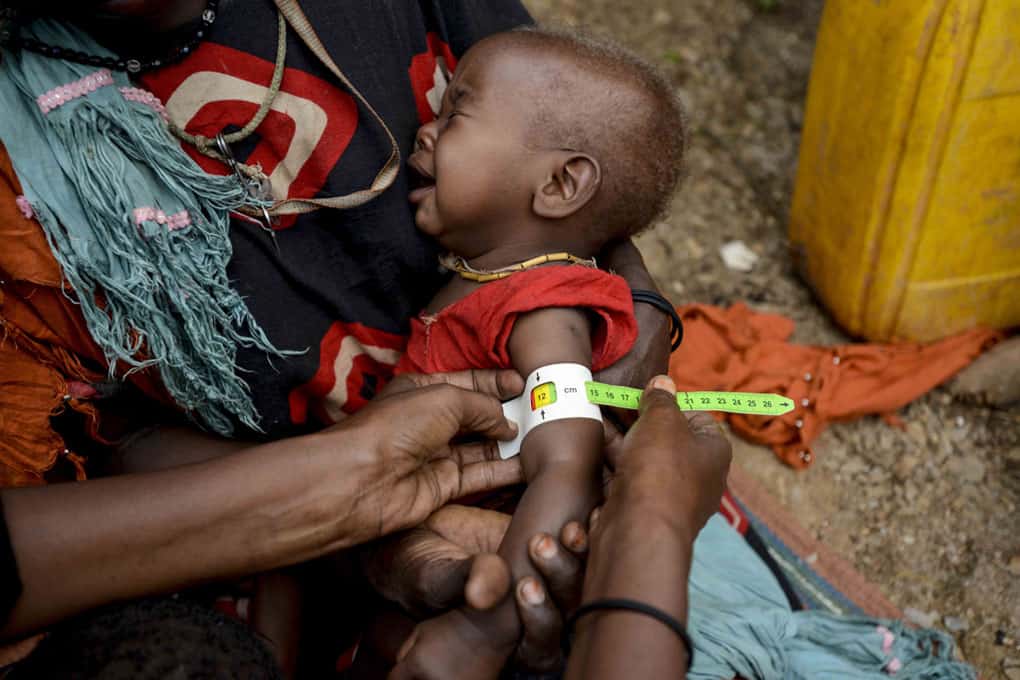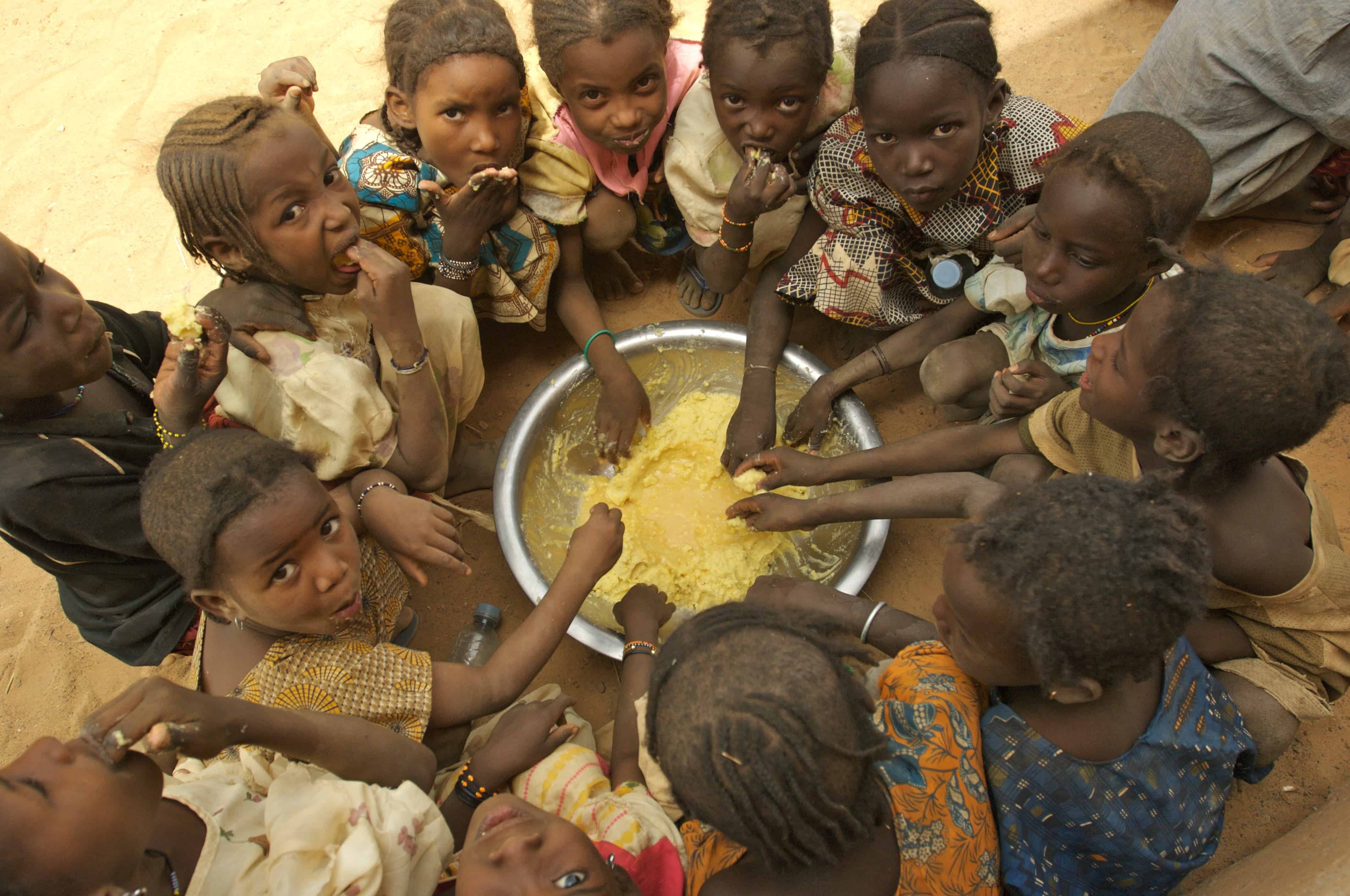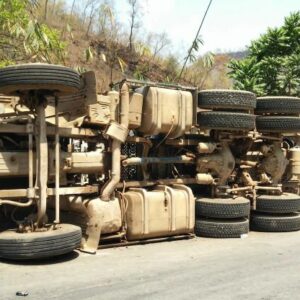
Called the “largest humanitarian crisis” since 1945, the famine spreading across East Africa and the Horn of Africa is now threatening nearly 20 million people, with 1.4 million children at risk of imminent death from acute malnutrition.
Secretary-General António Guterres has released an appeal for action, amounting $4.4 billion dollars to provide urgent relief. “We are already facing a tragedy; we must avoid it becoming a catastrophe,” said the Secretary-General, “This is preventable if the international community takes decisive action.”
Faced with chronic food insecurity issues, a critical famine is now becoming a reality in Kenya, Nigeria, Yemen, South Sudan and Somalia, where millions now risk “starving to death and succumbing to disease, stunted children and lost futures, and mass displacements and reversed development gains.”
Reasons for food insecurity in African states are dynamic and interrelated. Foremost, Africa is the continent with the lowest per capita income and the highest level of poverty. Many African countries are dependent on imports, which makes them vulnerable to market fluctuations.

Apart from food shortages caused by poverty, agriculture in Africa has been majorly impacted by global warming. Since El Niño, drought and desertification have desecrated fields, along with heavy flooding in other parts. In Somalia alone, 260,000 people died during the last major famine in 2011.
Political instability is another very relevant factor contributing to food insecurity. Because of corruption and internal conflict, authorities have been unable to address food shortages, or provide agricultural and extreme-weather infrastructure to prevent the situation from worsening. Often, food shortages exacerbate conflict by inciting uprisings and violence over limited resources.
Humanitarians at the center of the crisis stress that the global community is not recognizing the severity of the problem. “It is possible to avert this crisis, to avert these famines, to avert these looming human catastrophes,” said UN Emergency Relief Coordinator Stephen O’Brien. “It is all preventable.”
According to Roland Angerer of Plan International, girls suffer the most. During times of distress, the rates of child trafficking and sexual violence rise exponentially. “In previous emergencies when families struggled to survive, many underage girls were sold into child marriage in exchange for livestock – there is no doubt this will happen again,” said Angerer.
What are your thoughts? Please comment below and share this news!


